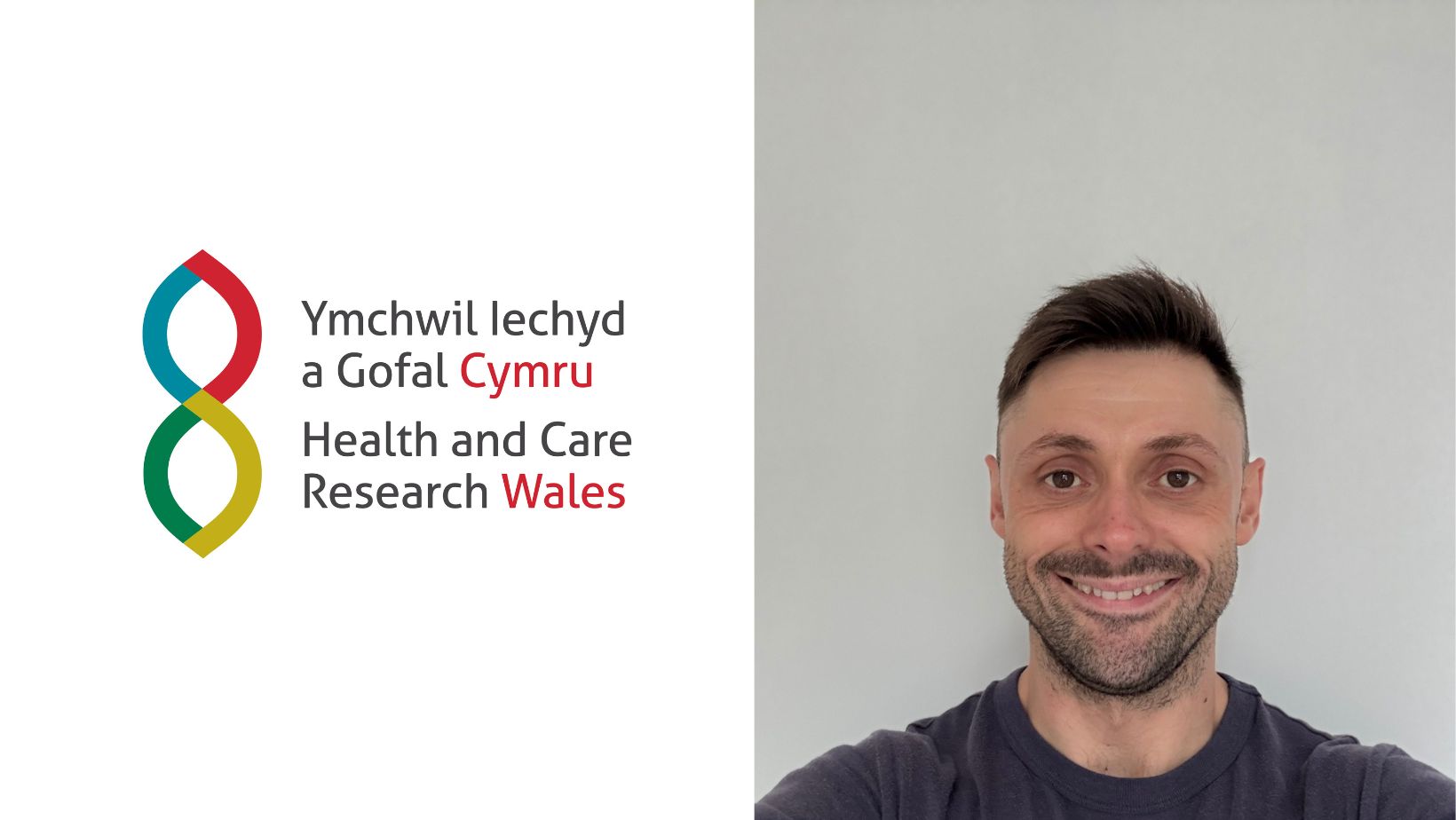
A Cardiff University researcher, whose work was supported by the Wales Cancer Research Centre (WCRC), has been awarded a prestigious fellowship to tackle one of the biggest challenges in kidney cancer: early diagnosis.
Dr Huw Morgan, a cancer biologist at the European Cancer Stem Cell Research Institute, received six months of WCRC bridging funding in October 2024. Building on this early support, he has now been awarded a Health and Care Research Wales Advanced Fellowship to lead a new three-year project focused on developing a simple urine-based test for kidney cancer.
Kidney cancer is the UK’s sixth most common cancer, with cases rising rapidly. Yet it remains under-researched and underfunded. Alarmingly, almost half of cases are diagnosed at a late stage when treatment options are limited and survival rates fall sharply. By contrast, early-stage detection can result in survival rates of over 90%. Despite this, no non-invasive diagnostic test currently exists.
Dr Morgan’s project aims to change that by validating a panel of biomarkers in urine samples. The goal is to produce an accessible, cost-effective diagnostic tool that could be used in GP surgeries, community clinics, or even wider healthcare settings.
“Our work is about giving clinicians a simple tool that could transform outcomes for patients,” said Dr Morgan. “If we can diagnose kidney cancer earlier, we can save lives.”
Beyond diagnostics, Dr Morgan’s lab is also investigating the biology of early tumour development, particularly the role of cancer stem cells and tumour-initiating cell populations. These cells are believed to drive therapy resistance and recurrence, offering potential new targets for future treatments.
The project brings together an interdisciplinary team of clinicians, diagnostic engineers, and biobank partners, with strong input from patients and the public to ensure the research meets real-world needs. By enabling earlier detection, Dr Morgan hopes the test will reduce healthcare inequalities and significantly improve survival rates.